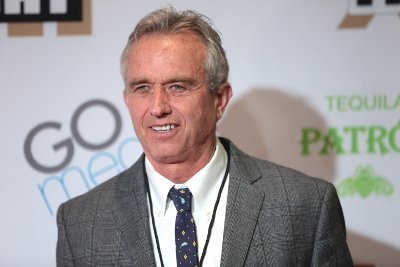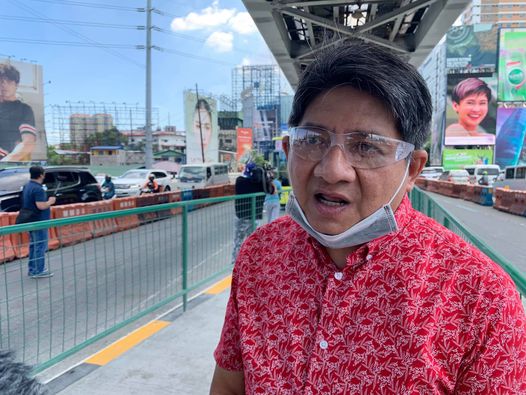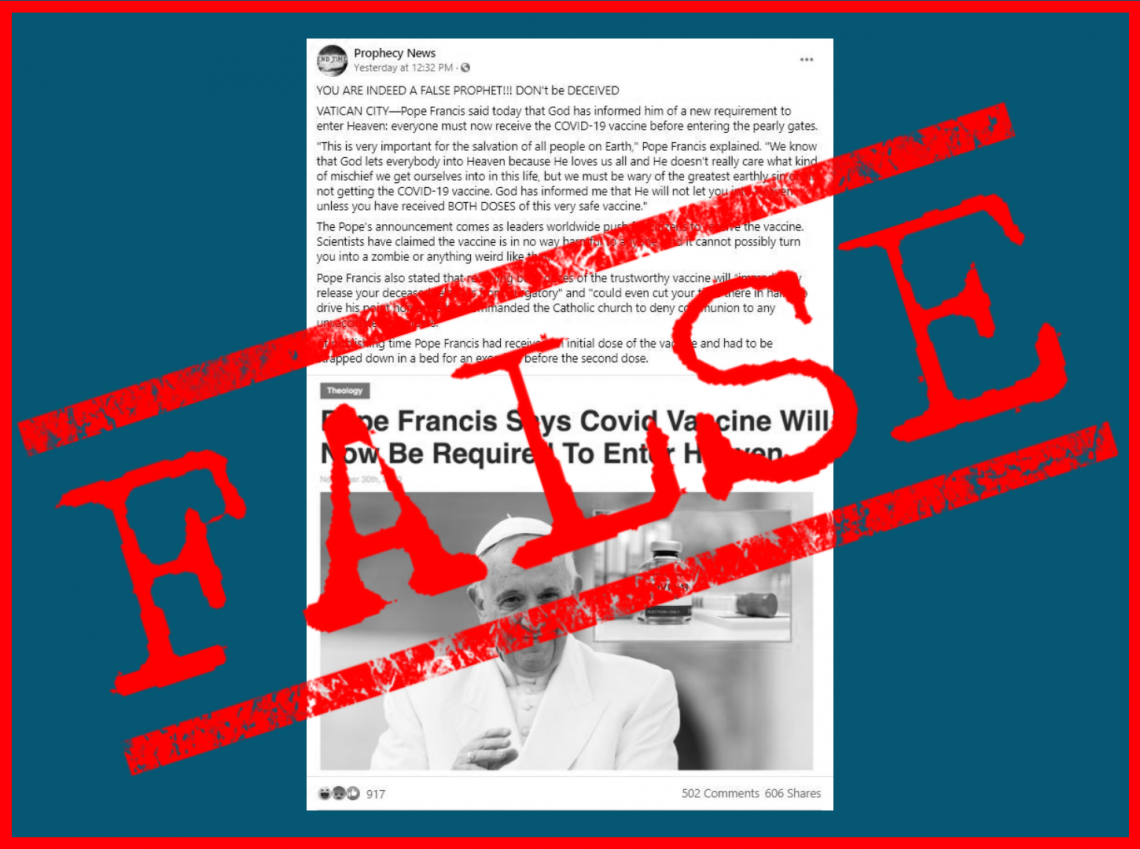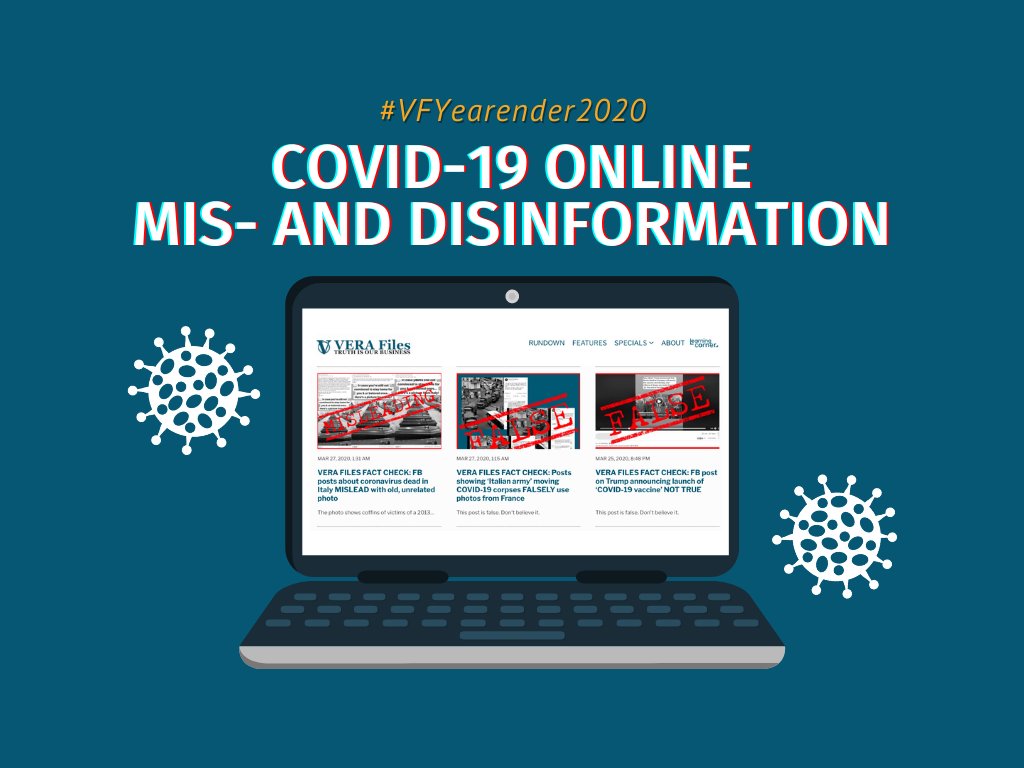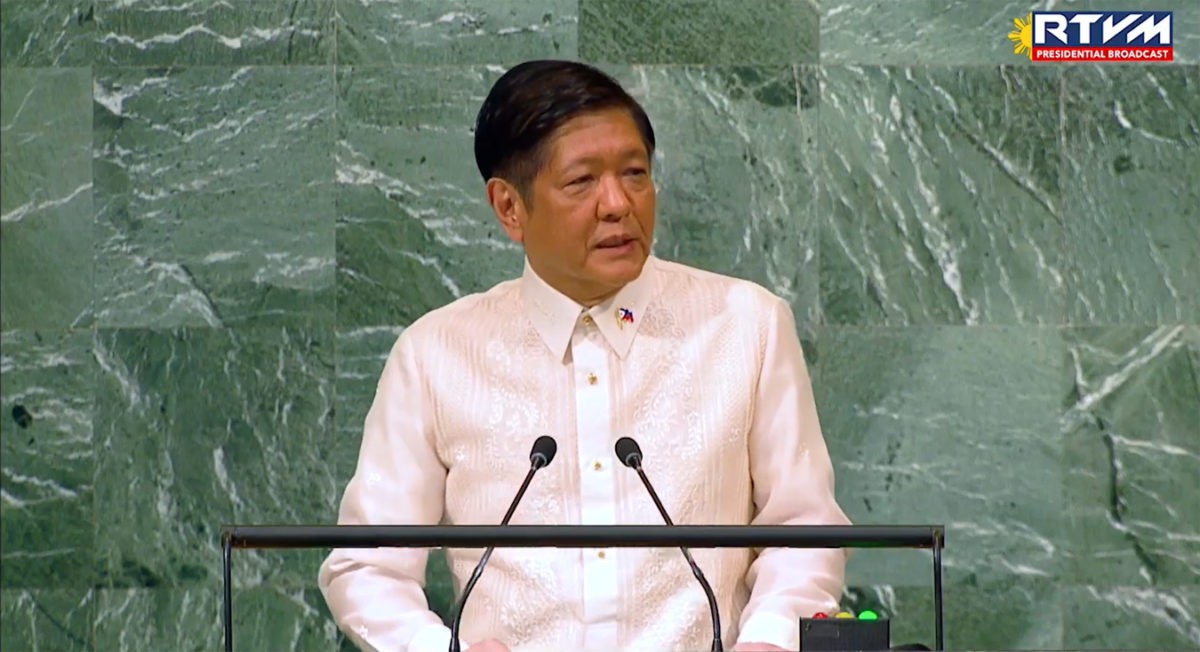Lawyer and environmentalist Robert Kennedy Jr., nephew of the late United States President John F. Kennedy, wrongly claimed that a dengue vaccine developed by the U.S. National Institutes of Health (NIH) was administered on children in the Philippines, making them more sick and even causing deaths.
STATEMENT
During his guest appearance in American online Christian show Joni Table Talk, Kennedy, well-known for his anti-vaccination stance, spoke about the “danger” of developing a coronavirus vaccine, particularly on skipping animal testing.
Citing some clinical trials of vaccines that allegedly posed more risks to their recipients, he said:
“In 2014, the NIH under [doctor Anthony] Fauci developed a dengue vaccine which had some signals in it that there were pathogenic priming. In other words in clinical trials, they saw some signs that you could get an antibody response but get much sicker when you were exposed, but they ignored them. They gave it to the Philippines, and they gave hundreds of thousands of children this vaccine. And when the dengue came around, those children became horribly ill and 600 of them died.”
Source: Daystar TV official Facebook page, Ministry Now – Robert F. Kennedy, Jr. and Del Bigtree, May 20, 2020, watch from 15:34 to 16:05
Kennedy, son of former U.S. senator and attorney general Robert Francis Kennedy, added that “people” in the Philippines are now being “criminally prosecuted” for the deaths of children using the dengue vaccine.
FACTS
It was not an NIH-made dengue vaccine but Dengvaxia, produced by the French pharmaceutical company Sanofi Pasteur, that was given to over 830,000 public school students in the Philippines during the implementation of the controversial dengue immunization program of the Department of Health (DOH).
While Dengvaxia was developed by Professor Thomas Chambers at Saint Louis University in Missouri, U.S., in 1997, the rights to the vaccine was licensed for further research to Acambis, Inc.
Sanofi Pasteur, its partner in conducting clinical trials for the vaccine, acquired Acambis, Inc. in 2008.
Although the NIH, through the National Institute of Allergy and Infectious Diseases (NIAID) headed by Fauci, has been conducting its own research on dengue vaccines, none of these were used in the immunization program of DOH.
The dengue vaccines TV003 and TV005 developed by NIAID, in cooperation with private pharmaceutical and research companies, are still undergoing clinical trials. None of the two have been tested on human subjects in the Philippines to date, based on the records of the U.S. Clinical Trials registry.
Meanwhile, Dengvaxia, the world’s first and only approved dengue vaccine when the DOH began the immunization program in April 2016, was administered to fourth grade students in regions III (Central Luzon), IV-A (Southern Luzon), and National Capital Region (Metro Manila), where dengue cases were highest that year.
The Philippines, Mexico, Brazil, and El Salvador were so far the countries where Dengvaxia was registered. It was registered in the Philippines in December 2015, but the permit to sell the vaccine was permanently revoked in August 2019 following the failure of Sanofi Pasteur to submit post-marketing authorization documents. The U.S. Food and Drug Administration (U.S. FDA) approved the license of the vaccine only in May 2019.
The vaccination program was “put on hold” in December 2017 following new findings from Sanofi Pasteur that Dengvaxia could cause “severe disease” in the longer term to people who have not been infected by dengue before vaccination.
Even before Sanofi Pasteur’s disclosure, the program had been facing public scrutiny due to reports of deaths involving schoolchildren, including one government doctor, being linked to Dengvaxia.
The allegations prompted a series of legislative inquiries in both houses of Congress. These inquiries led to the filing of various charges, which are still pending, against several key DOH officials and Sanofi Pasteur over alleged irregularities in the immunization program and deaths of children being linked to Dengvaxia.
Based on the 2018 report of the Philippine General Hospital Dengue Investigative Task Force (PGH DITF), the independent body of physicians tasked by the DOH to probe deaths of children being linked to Dengvaxia, three out of 14 deaths were found to have “consistent causal association” to the vaccine. But the task force noted that further assessment by the DOH Pharmacovigilance Team was needed to determine the children’s specific cause of death.
Persida Acosta, chief of the Public Attorney’s Office that filed the charges on behalf of some families of alleged victims of Dengvaxia, claimed in February that there were 153 victims of the vaccine.” But PAO was confronted with questions in the past for falsely linking the deaths to the Dengvaxia vaccine.
Kennedy’s false claim in the Joni Lamb show has become viral on social media. A five-minute portion of the interview in which he wrongly claimed a U.S.-made dengue vaccine was given to Filipino children has been circulating on Facebook and YouTube, reaching a total of over 500 shares and 14,000 views as of June 10.
Kennedy’s anti-vaccination stance has been criticized even by his own relatives for helping to spread “dangerous disinformation over social media” and being “complicit in sowing distrust of the science behind vaccines.”
In a 2019 Politico column, Kennedy’s older brother Joseph P. Kennedy II, sister Kathleen Kennedy-Townsend, and niece Maeve Kennedy-McKean said, with regard to the vaccine issue, he is an “outlier” in the Kennedy family, which has a “history [of serving] as advocates of public health and promoters of immunization campaigns.”
